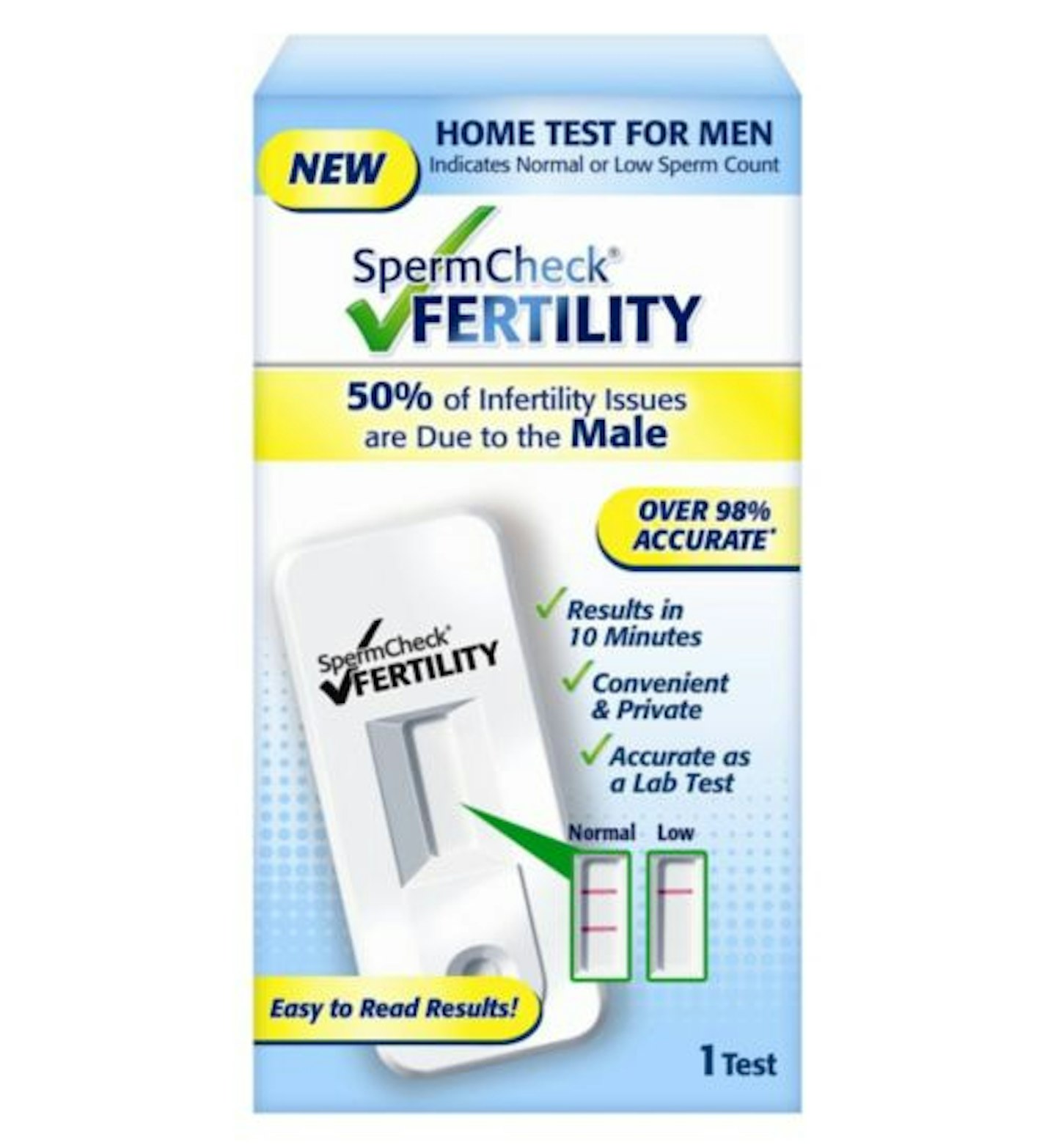When you've been trying for a baby for a long time with no positive pregnancy test, and if you've noticed some signs you can't get pregnant, there may come a point where you and your partner start looking into getting some tests done to help you potentially understand more.
As well as fertility tests for women, there are also male fertility tests.
What factors can affect male fertility?
"Several factors can affect male fertility, including trauma, infections, hormone therapies, chemo and/or radiotherapy, some medications, undescended testes and other anatomical abnormalities, excessive alcohol intake, smoking, lack of physical activity, genetic abnormalities, previous testicular surgery. Recent evidence also suggests that frequency of intercourse and male chronological age are negative prognostic factors for male fertility," explains Professor Luciano Nardo, founder and CEO of NOW-fertility.com.
What tests are available for male fertility?
Generally, the semen analysis is the first fertility test that a man would be recommended to have in order to assess his fertility potential. "However, hormone tests, infections screening and ultrasound scan of the testicles are arranged if there is a known underlying current or past medical condition or a factor which may per se affect fertility, or if there is a clinical suspicion during physical examination," says Professor Nardo. "At some point down the line of investigation, a chromosome analysis on a blood sample (also known as Karyotype) and the DNA fragmentation test on the sperm sample can be arranged, often within a tertiary setting and on the back of some other test results or previous fertility treatment cycle’s outcomes."
Can a home fertility test kit be used?
Home kits are readily available, but it is important to know that they won’t give all the information needed about sperm parameters and sperm health.
"In the majority of cases, the home sperm test kit will only give information about the sperm count, with some kits that don’t measure sperm concentration below certain levels. Therefore whilst a home kit might provide some details it will certainly not give the reassurance and level of information about fertility that men need," says Professor Nardo.

www.boots.com
Giving you clear results in just 10 minutes, SpermCheck Fertility allows you to check sperm count in the privacy of your own home.
Review: "Test was easy to use, and helped me find out my sperm count. Test takes about an hour in total to use."

www.myswimcount.co.uk
This unique, easy-to-use sperm quality male fertility home test kit gives a fast and reliable result and is CE accredited and calibrated to the current WHO Standard for motile sperm cells.
When should I seek professional help?
You might be wondering at what point to get in touch with your GP to arrange some male fertility tests. Here's when Professor Nardo suggests:
• If there is a known possible cause of subfertility
• If you and your partner have been trying to achieve a pregnancy spontaneously for more than 12 consecutive months
• If the male has some specific signs or symptoms consistent with a condition which may be associated with infertility.
• If there are underlying systemic or genital conditions that affect ejaculation
What will happen at the initial appointment?
You and your doctor will discuss your medical history, explore possible causes of subfertility, examine the genital tract if indicated, arrange the tests, advise to take any supplements and may advise to change lifestyle habits. You'll also be provided with information about male fertility and infertility and given advice on where to find support.
Is it worth using male fertility supplements?
"It is certainly useful to take some supplements," advises Professor Nardo. "Especially those that have antioxidant properties like zinc, selenium, vitamins C, B and E, coenzyme Q10 and others."
Popular articles to read next
30 foods and facts to increase your man’s sperm count naturally
How to get pregnant fast: 11 easy tips to help you conceive quickly
